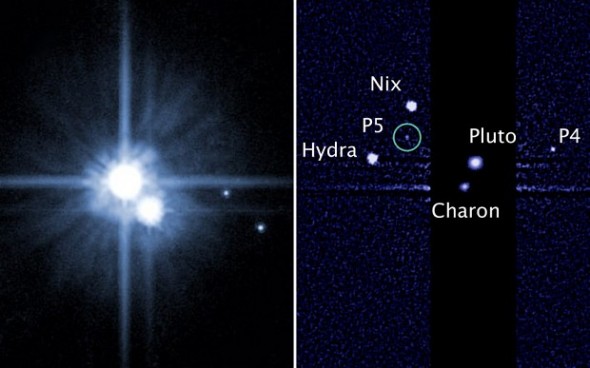March Madness marks the time of year where pretty much everything is turned into a bracket. Southern California Public Radio, for example, crafted a competition among 32 public radio stations, including popular shows such as Talk of the Nation, Car Talk, and two personal favorites of mine, Radiolab and Science Friday.
Radiolab itself is currently holding a competition to select the name of a hypothetical ancestor to all mammals; “Final Four” voting between Grandmammal and Shrëwdinger as well as Mancestor and Nova ends tomorrow. While ancestral placental mammals are few and far between, the hundreds of exoplanets and other celestial bodies that are being discovered provide a perfect opportunity to get public input and participation with choosing names.
When astronomical objects are discovered, modern practice calls for the International Astronomical Union to officially name them. Most are named using a system of numbers and letters, depending on what they are, but many have common names that are based on figures in mythology or their discoverers. It’s with these common names that scientists can call to their citizen peers for suggestions, though the IAU won’t officially recognize them.

In February, scientists who discovered two teeny moons around Pluto held a contest to name the little satellites. Pluto itself had been named in 1930 based on a suggestion by 11-year-old Venetia Burney, who thought that the Roman god of the underworld would be a good namesake for the planet. Eighty-three years later, its moons have the chance to be named by the public, and though most of the proposed names are members of the underworld, Vulcan was the clear winner, thanks to a push from Trekkies and William Shatner himself.
Other planned name contests include a planet in the triple-star system of Alpha Centauri, which is about 4.3 light years from us. The planet is currently named Alpha Centauri Bb, and software company Uwingu is sponsoring the contest to submit and vote for names for the planet through April 15.
Naming contests like these are an easy way to engage and interact with readers, plus you get some fun names in the process. My vote is on Shrëwdinger.






